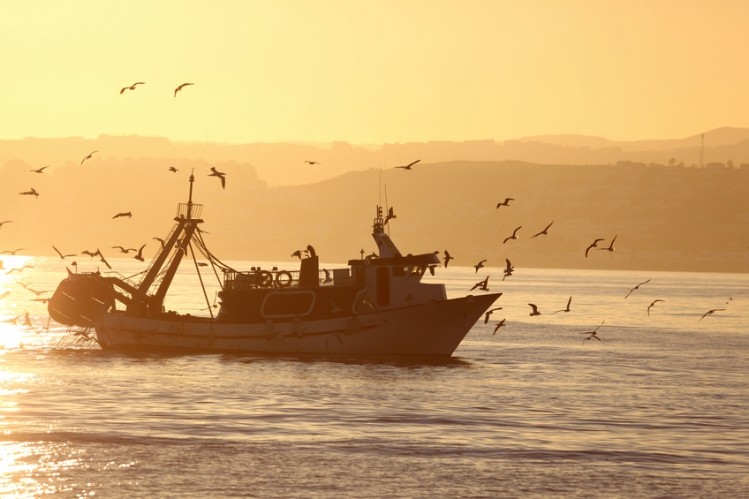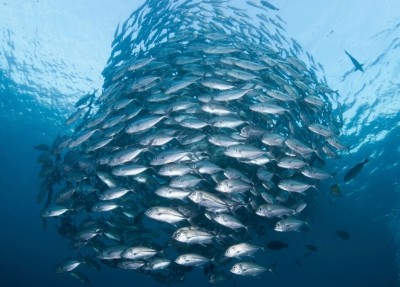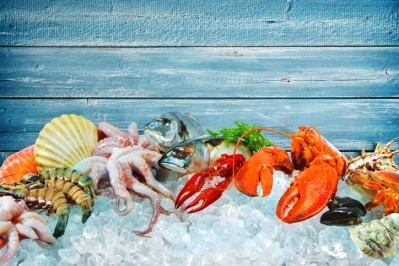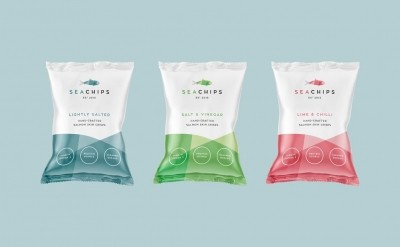Seafood consumers want ethical labels but sustainability trumped by price

For the second time, the MSC commissioned a comprehensive survey to gage the attitudes of global seafood consumers. Research agency GlobeScan survey more than 25,000 consumers in 22 countries – and the findings offer a complex picture of consumer attitudes to seafood.
Seafood consumers globally agree: there is a growing need to protect seafood and the oceans for future generations. A large majority, 83%, recognised this as a property. There is also an appetite from consumers to hear more about the sustainability of the seafood they buy, with 70% of respondents suggesting this would be welcome.
Globally, consumers are united in thinking that the biggest threat to the oceans is pollution, followed by overfishing.
A large proportion, 72% of seafood consumers, agree that in order to save the oceans we need to consume seafood from sustainable sources. An increasing number of people believe we should switch to another type of fish if it is more sustainable, with this figure rising to 70% in 2018 versus 68% in 2016.
‘Price trumps sustainability’
While the survey showed there is an appetite for sustainably sourced fish, the MSC said that it also demonstrated another trend: in some markets “price trumps sustainability” when it comes to purchase intent. In particular, men were more likely to be motivated by price than women.
The MSC described this as a “notable change” from the first study in 2016. “Consumers globally have started putting price before sustainability as a motivator of their seafood purchase decisions,” the researchers said.
While the MSC said this was a global shift, the certification body also noted consumers in some markets continue to prioritise sustainability. These include Germany, Austria, China, Spain, UK, Switzerland, Italy and Sweden.
MSC head of marketing Richard Stobart suggested that part of the problem is it isn’t always clear what impact consumers can make on the health of the oceans.
“Consumers really do care about the oceans, but with so much confusion about how consumers can help, it’s more important than ever to cut through the clutter and deliver an easy way for people to choose sustainable seafood. With a rising consumer focus on price, and the finding that worldwide more than half of consumers report eating seafood weekly, it is critically important that they have a range of clearly labelled sustainable options at the right price point,” he observed.
Who to trust?
According to the MSC, part of the problem is the question of how to gain consumer trust. Part of the solution, the certification body suggested, is a broader uptake of independent verification schemes.
Indeed, the survey revealed consumers place greater trust in the information provided to them by certification bodies such as the MSC than that communicated by businesses and governments, the Council suggested.
As a consequence, a growing number of consumers want to see independent verification of sustainability claims. In total, 72% of those polled said claims made by supermarkets should be independently verified, compared to 68% in 2016.
The MSC suggested that trust in its label “remains high” at 69%. Understanding of the label has increased on average to 37% globally, up from 32% in 2016.
"In a world of increasing consumer pessimism, people are looking for messages of hope and reassurance. We are happy to see that the theme of protecting seafood for future generations resonates strongly with consumers in all 22 countries surveyed. We’re also seeing that, in a low trust environment, consumers are increasingly looking to third parties to verify sustainability claims,” associate director at GlobeScan, Abbie Curtis, commented.

















